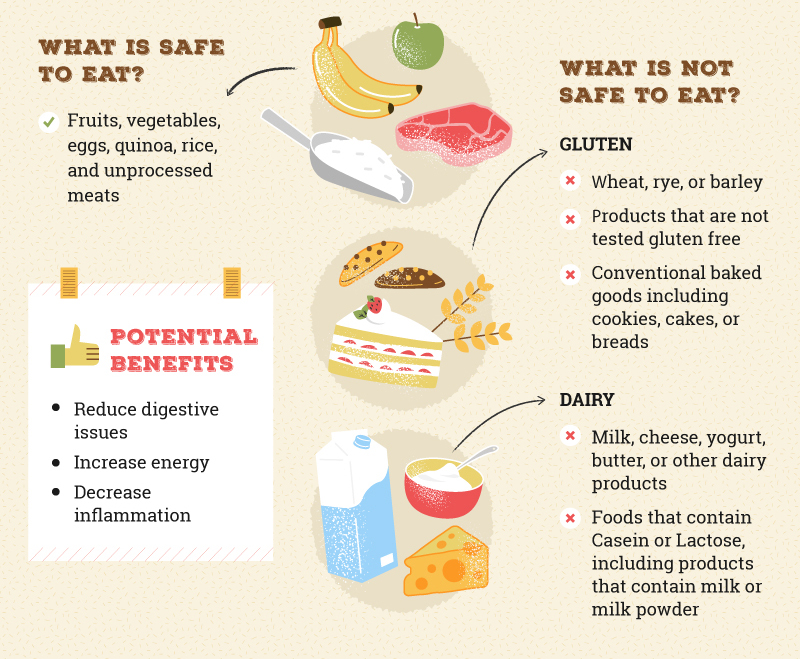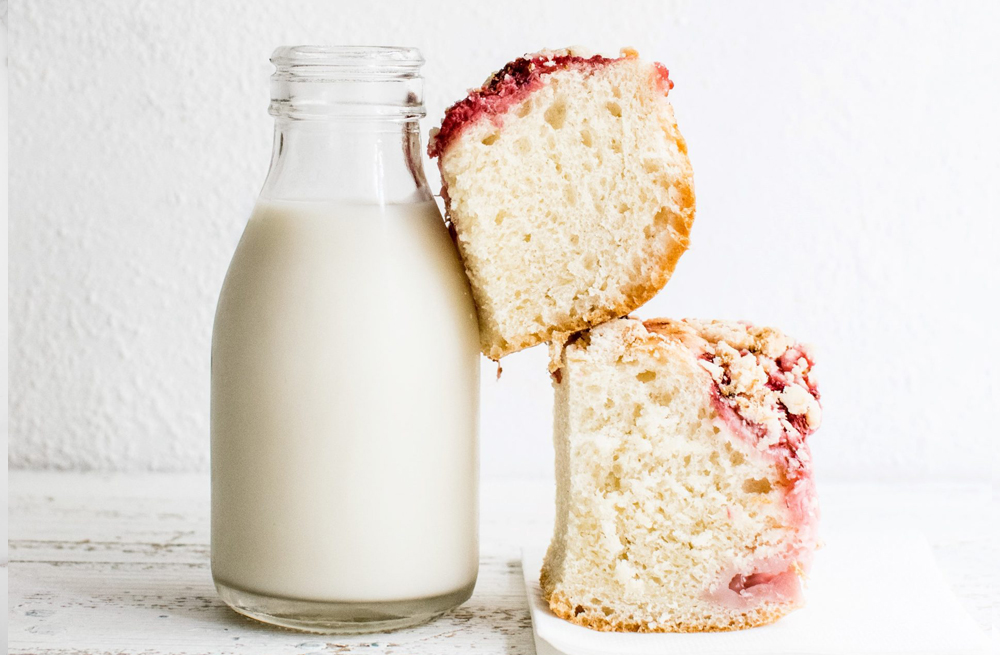Maybe…I know that’s not a definitive answer because it’s very individual. The great new is that there are steps to assess it and determine the best course of action! Even those of us with hypothyroid can eat gluten and dairy from time to time. The key is to structure a diet with foods that supply the necessary vitamins and minerals needed for optimal thyroid function. Medications containing T4 and T3 will help with thyroid function but it’s rare that they will help you lose weight without dietary changes.
So what are the steps?
The first step is to assess your gut health. You can do that by evaluating what you eat most of the time. Are you eating foods that cause you to feel bloated, sick or tired? Are you eating more calories per day than you burn? Are you currently stressed out more than usual? Do you exercise? If so, do you exercise consistently? It may be more than you need. These factors could be negatively impacting gut health.
You’ll need to identify those foods that cause possible gut health issues. Why is that important? If your gut cannot absorb nutrients or process them properly, you’re likely going to have issues with digestion and feeling bad. If you feel bad it could lead to overeating, sugar cravings, and overall low energy. Try reducing or removing a certain food that you eat daily and write down how you feel after that meal. If you feel improvement try to replace that food with something else..Something else would be replacing a protein like milk with another protein like lean meat. Replace a carb like bread with a carb like potatoes/sweet potatoes. Replace a fat like vegetable oil with a fat like avocado or olive oil.
Once gut health is assessed it’s time to evaluate if you are eating in a calorie deficit or surplus. The best way to assess that is tracking what you eat for 7-14 days. This will give you an idea of the number of calories, protein, carbohydrates, and fats you’re consuming as well as vitamins and minerals. If you’ve been trying to lose weight recently and removed certain foods that were nutritious it could have an impact.
Once this step is completed it’s time to evaluate the types of foods you’re consuming. If you intentionally remove a certain food, like milk, and notice you feel better it could be an issue. You’ll want to typically try and remove 1 food at a time. Some foods that many have issues with could be a form of dairy or a food that has gluten. I know many people that have hypothyroid that eat some of these foods daily. They also eat lean meats, fruits, and vegetables with most meals. It’s never about 1 thing. What you eat becomes your eating system. When you eat multiple foods together your body is digesting them together. A combination of your eating system could be the issue. If you’re new to changing your nutrition, it’s good to start slow. Try to remove certain additives like coffee creamer, sugary drinks, unnecessary oils, or snacks like chips.

Once you can make slight changes then keep going if those changes make you feel better. You want to replace foods/drinks with improved options. Soda/pop with water or unsweetened tea. Chips or pretzels with crunchy veggies like carrots/cauliflower/broccoli or fruit like berries/citrus/apples.
Prioritize protein. If you don’t want to completely remove dairy, try replacing milk with Greek yogurt. Lean meats like grass fed beef, bison, chicken, white fish like cod are great options for protein.
Don’t forget the carbs. Removing carbs that have gluten like bread, cookies, and cakes may be beneficial to prevent you from overeating those foods. Removing carbs like fruit and veggies will strip you of necessary nutrients. In most cases it is more harmful to remove fruits and veggies. As with dairy you can try to remove carbs having gluten like bread and see how you feel. It could be that you no longer overeat those foods and that leads to weight loss and feeling better.
Fats are necessary but be careful about overeating them. Nuts, nut butters, and oils have vitamins and nutrients. They are also extremely easy to overeat. Some healthier versions of these are brazil nuts, walnuts, almonds, olive oil, Avocado, and coconut oil. If these are measured or weighed, they can be beneficial. Even the ‘healthier’ fats are easy to overeat so it’s important to be aware.
Once you make small enough changes so that you are testing out foods that were removed at the same time making sure you are not overeating calories the picture will be clearer.
Sometimes removing a food for a temporary period allows you to heal the gut, lose some weight, and feel better overall. You can then try to slowly reintroduce that food. If you go back to feeling worse, you’ll know it’s best to keep it out. If a food makes you feel worse then your cravings for it will likely be less and less as time progresses. I see this all the time and it’s happened to me many times!
You could change these and still have issues if the food you put in your body daily is a large cause. Remember, it’s all 1 system – nutrition, stress, sleep, exercise, movement, and recovery.
I hope this helps! If you have any questions or would like more information regarding my coaching options please email [email protected]
I’m here to help!

